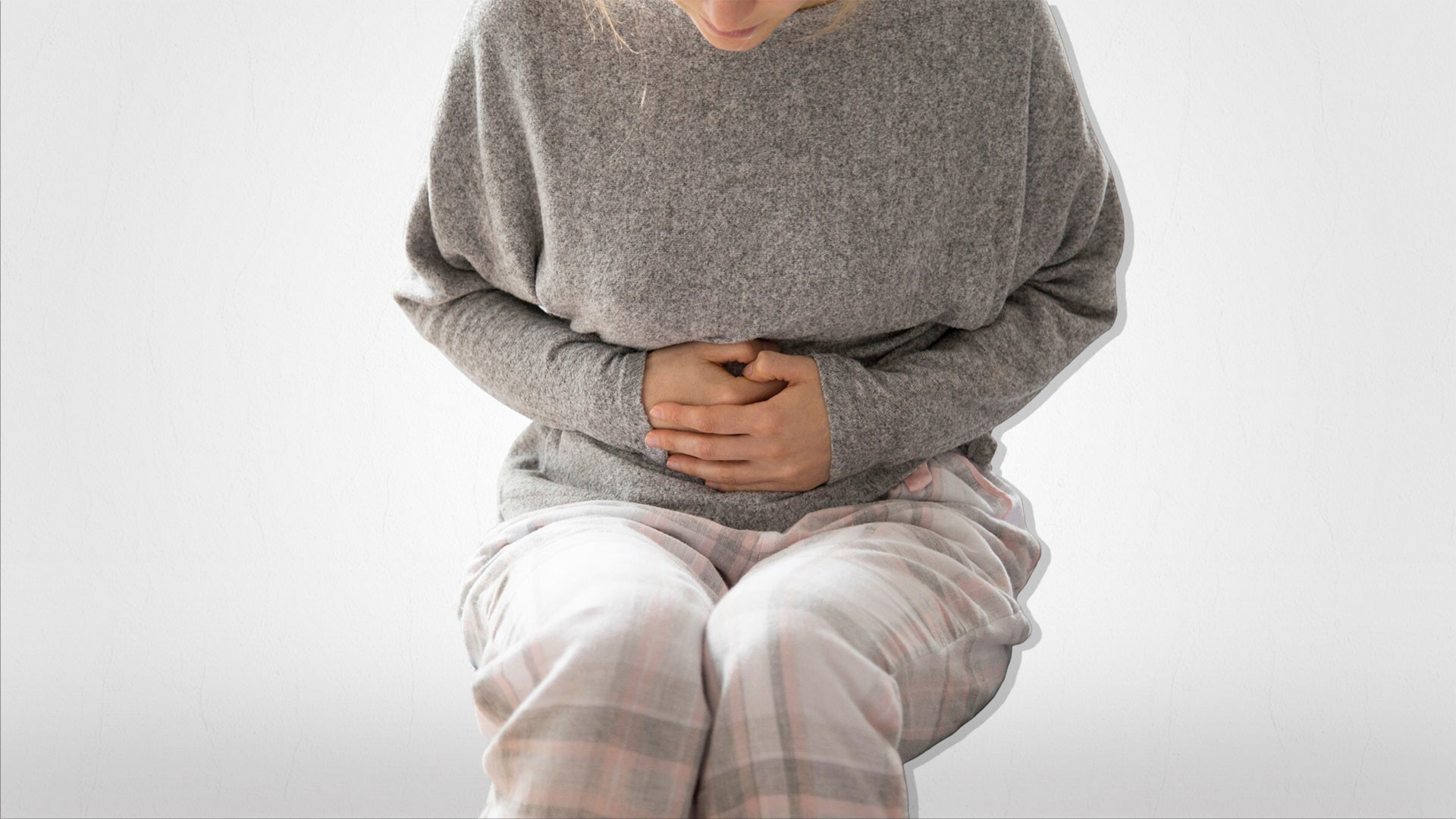Diarrhea: Symptoms, Causes and Treatment in Bangkok, Thailand
2361
Aside from watery or loose stools, diarrhea symptoms can include bloating, stomach cramps, and loose bowel movement.

Aside from watery or loose stools, diarrhea symptoms can include bloating, stomach cramps, and loose bowel movement.
Speak to our doctors about your medical concerns today! Book An Appointment Online